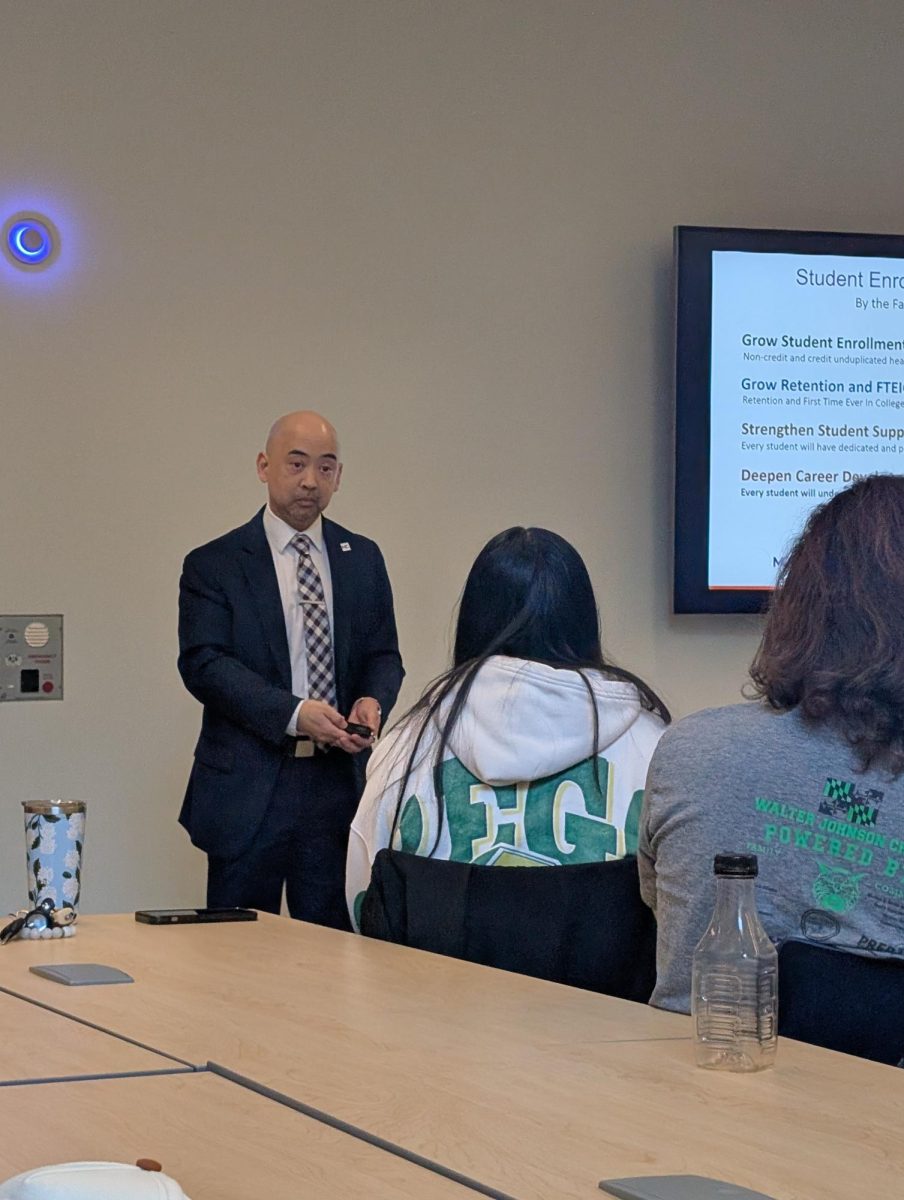Original: April 26, 2010 Issue 15
By: Hiba Ahmed
Staff Writer
Montgomery College’s attendance policy has been in place since the school’s foundation on September 16, 1946. However, many students can’t help but ask “Why?”
Of all Montgomery College’s policies, the one that has students most incensed is the attendance policy. According to the MC’s website, the attendance policy states, “Students are expected to attend all class sessions. In cases involving excessive absences from class, the instructor may drop the student from the class.”
“Excessive absences” are defined as one more absence than the number of classes per week during a fall or spring semester. The number of absences is prorated for accelerated sessions. This policy ensures that students attend the classes that they register and pay for, for nearly every session.
Although the policy helps keep the college in good standing, the policy is negligent of students who may have to balance other responsibilities apart from school. In addition, students who prefer to learn on their own time, outside of class, find mandatory attendance exasperating. For some, course material is better understood when it is learned at home, either because the professor does not teach at their level of understanding or the material needs more focused and detailed attention by the student.
The student body helps keep the college reputable. A college’s main focus needs to be the needs and desires of the student body. They are the ones who attend the class and they are the ones to which each policy needs to be catered.
Students feel it is unfair because they are paying for the classes they are enrolled in and it should be up to them whether or not they need to attend class that day.
Montgomery College needs to work to adhere to the needs of the student body, one of the first steps needs to be making the attendance policy student friendly. With a more lenient attendance policy students’ options open up. A student would be able to decide whether or not it is completely necessary to attend a lecture based on how well they understand the material. This way the busy student who needs to report to work, needs to take care of their children or needs to attend to volunteering or other educational responsibilities, will be able to, without worrying about being dropped from the class.
Why is it necessary to attend if a student is doing perfectly well with an “A” in the class solely through the studying they do on their own time? Attending a class is a pointless and daunting task for the student and the teacher who are wasting their energy to be there for a student who does not need to be taught. The student could be using that extra time to study, get extra work hours, or take a break.
Even if the policy is not abolished, the administration can compromise by allowing more days. Most professors enforce this policy by allowing only three unexcused absences before the student gets booted out of the class. If the student feels they will do better in the class if they do not attend the class and study at home then it should not be considered as a bad excuse. After all, it will benefit all groups involved. In the long run the student will perform better and understand the material better. The college should consider changing the allotted days from three days to possibly three weeks.
In the end, the main question from the administration should become “Which is more important; the quality of education of the student body or overall student body attendance?”







